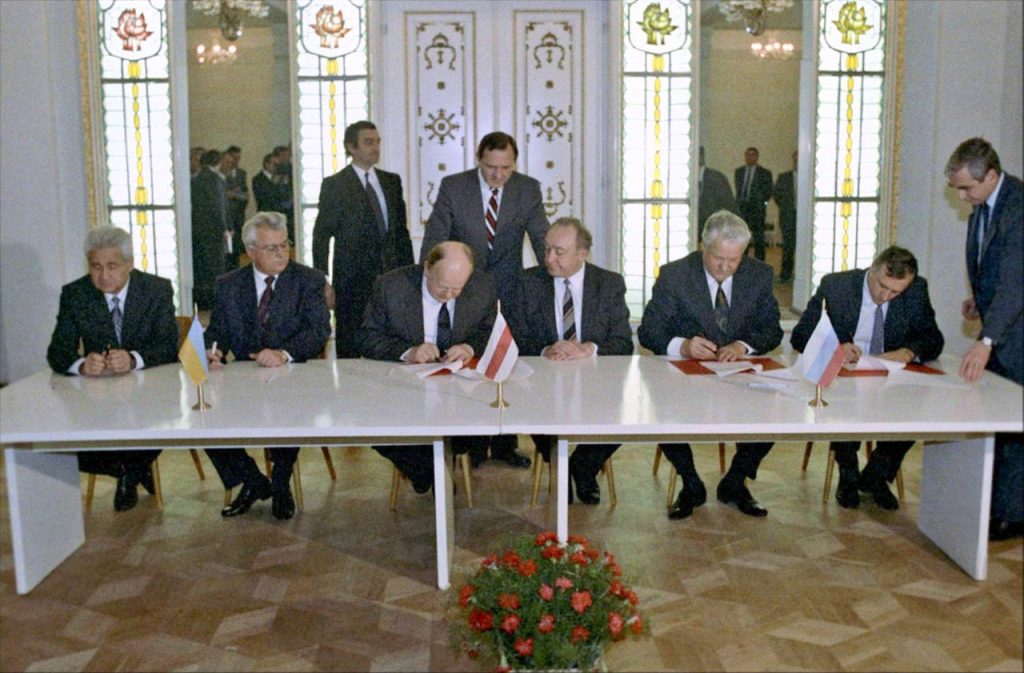During the first cold war, Moscow and Washington tried to recruit as many countries to their respective sides as possible but accepted the notion that some countries would remain non-aligned or neutral at least for some time to come. Indeed, each saw the existence of such countries as providing a useful channel of communication with the other side.
But in the emerging second cold war, Vitaly Portnikov writes on Kasparov.ru,
Bulgarian Prime Minister Boiko Borisov is only one of many who does not yet understand this shift. He tried to remain in good graces with both the West and Moscow by pulling briefly his ambassador for consultations after the attack on Skripal to show solidarity with London but not expelling Russian diplomats to keep channels open with Moscow.
In trying to do both things, the Ukrainian analyst says, “Borisov is making the very same error which some Ukrainian politicians have before him, people who call for ‘neutrality’ or ‘non-bloc’ status for their country” in the belief that Russia will immediately love and support them for doing so.
This shift in the Kremlin’s approach from Cold War-1 to Cold War-2 is going to put the countries within the Commonwealth of Independent States (CIS) in the most difficult position. Moscow expects them to show loyalty but many of them have pursued what they call “a balanced foreign policy,” hoping for good relations with the West as well.

That position is increasingly difficult for them to maintain, especially since many of them have continued to act on the assumption that this is possible. Some of the CIS countries, in fact, have taken positions on the Skripal case that reflected their understanding of what is possible. But that isn’t what Moscow wants.
Vladimir Yevseyev, the deputy head of the Moscow Institute for the CIS Countries, says that “unfortunately, Russia isn’t receiving support from the countries of the Commonwealth of Independent States” and that Moscow “should not count on serious support in the future.” Regnum commentator Stanislav Stremidlovsky says that “judging from everything so far, this is so.”
It certainly won’t want to accept this new reality willingly given that it sees even modest efforts at maintaining balance as hostile actions, and so it may be inclined to try to force this or that CIS government to change positions.
That could lead to an explosion in one or more of them; but at the very least, it is going to put new pressure on the governments of many to decide just how “neutral” and “non-aligned” they can be. That provides an opening for pro-Western forces even as it may open the way to yet another defeat for Putin in an area he thinks Russia should have a recognized droit de regarde.
Read More:
- Russian media have published 20 different narratives on Skripal poisoning
- Putin has come out a winner in the Skripal Case, Kirillova says
- The bold assassination attempt on ex-Russian spy Sergey Skripal in Salisbury, England
- Moscow’s development of poisons like one used against Skripal has long history and dark shadows
- Three important lessons of the Skripal Case the West has yet to learn
- Also in Russia a Russian hand is seen behind the nerve-gas attack in Salisbury
- The Kremlin’s Bulgarian game
- Does Bulgaria’s new President consider Crimea Russian?
- Moscow diplomats said behind formation of militarized Russian and Cossack groups in US
- Russian diplomats Chisinau expelled reportedly recruited Gagauz to fight in Ukraine

